Unit news
All ===> 10
Read here all the unit news in french.
-
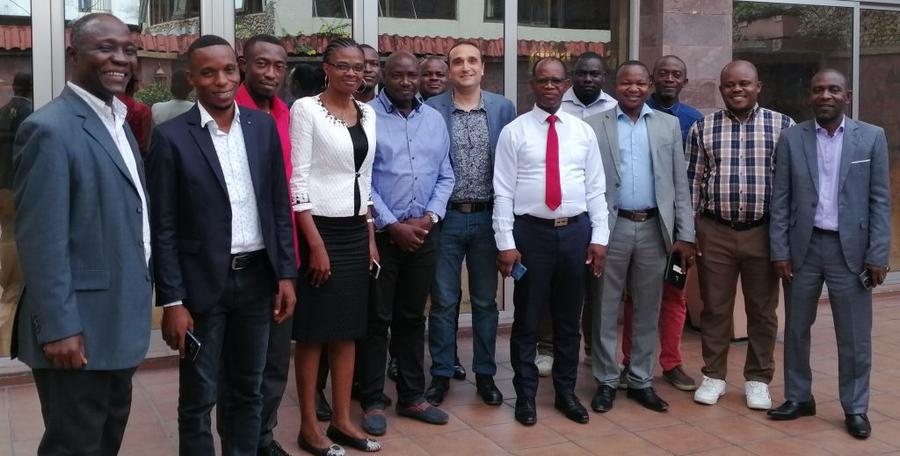
Fifth R2FAC steering committee: a roadmap for 2024
28/11/2023
The 5th steering committee of R2FAC (Central African Forest Research Network) brought together 13 of the 17 member institutions. The committee was held in conjunction with the 2nd Three Basins Summit in Brazzaville from 26 to 28 October 2023.
-
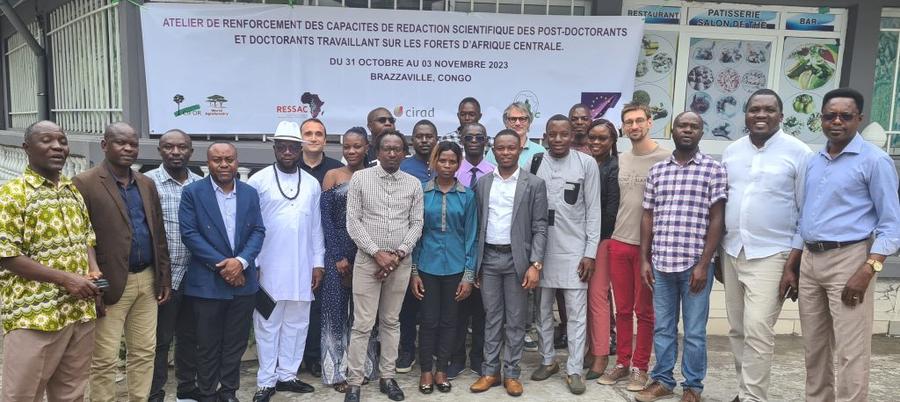
21/11/2023
As part of the Central African Forest Research Network (R2FAC) and the Ecology and Social Sciences Research Project for the Sustainable Management of Central African Forest Ecosystems (RESSAC), a writing workshop was held from 31 October to 03 November 2023 in Brazzaville to enable 9 doctoral students and 7 post-doctoral students from Congo, Cameroon, Gabon, CAR and the DRC to acquire more skills in writing scientific articles.
-

Amazonia: The lungs of the planet on their last legs
14/11/2023
Interviewed on France 24, Valéry Gond, from the UPR Forêts et Sociétés, explains the risks of a shift in the role of the Amazon forest basin in regulating water flows between the soil and the atmosphere.
-
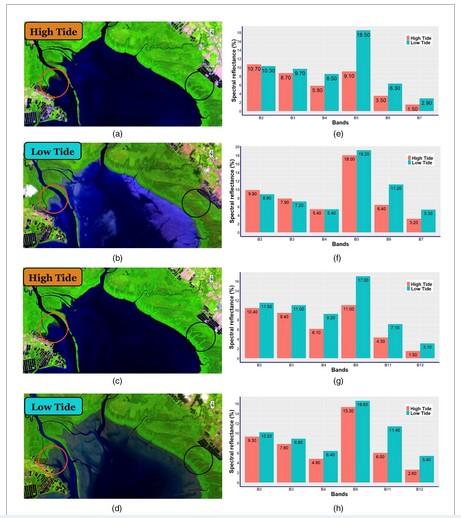
Improved monitoring of the spatio-temporal diversity of mangrove trees and distribution patterns
07/11/2023
Spatio-temporal information on species assemblages in natural, disturbed and rehabilitated mangroves is an essential prerequisite for effective biodiversity conservation and management strategies. However, appropriate sampling strategies in the field due to spatial heterogeneity still hamper the detection of species distribution and temporal evolution. An increasing amount of remote sensing data seems to be the ideal way of meeting these challenges.
-
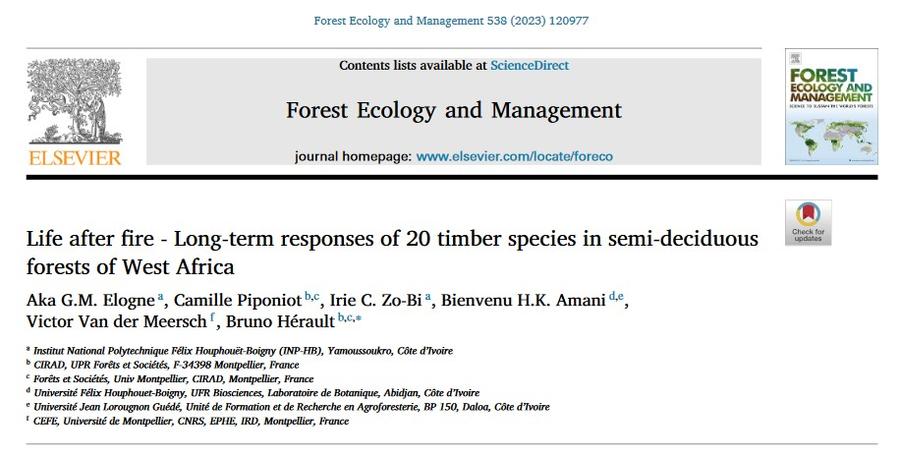
31/10/2023
Understanding the response of commercial tree species to fire is essential for designing sustainable forest management strategies in West Africa. In this area of heavy deforestation for agriculture, semi-deciduous tropical forests have been reduced to a trickle over the last 50 years, and are now subject not only to logging but also to increasingly frequent fires.
-
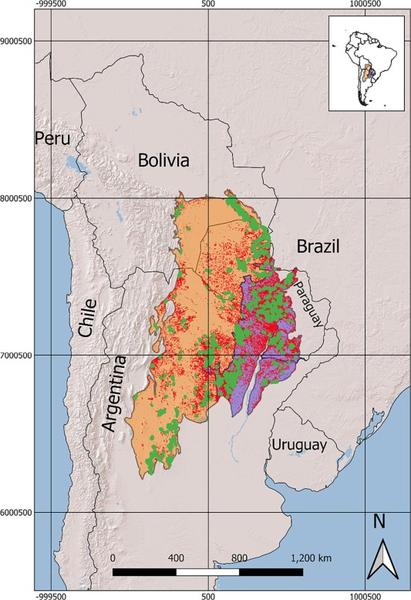
What are the effects of the dry forest fires in the Gran Chaco region?
24/10/2023
Fire is a natural feature of some dry tropical ecosystems. However, in recent decades, fires have become more frequent and more intense, partly as a result of climate change and changes in land use. This is the case in the Gran Chaco Americano, one of the world's largest dry forests, which stretches across Argentina, Paraguay, Bolivia and Brazil.
-
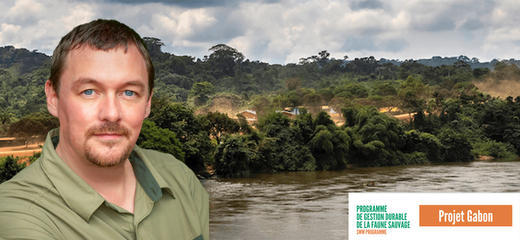
Gabon: expected developments in the SWM project
17/10/2023
Launched in 2019, the SWM Programme in Gabon promotes sustainable management of village hunting and the local bushmeat trade, while increasing the supply of alternative proteins. The project, coordinated by CIRAD, entered phase 2 this summer. What are the developments to come, particularly in the current Gabonese context? Interview with Hadrien Vanthomme, SWM coordinator.
-
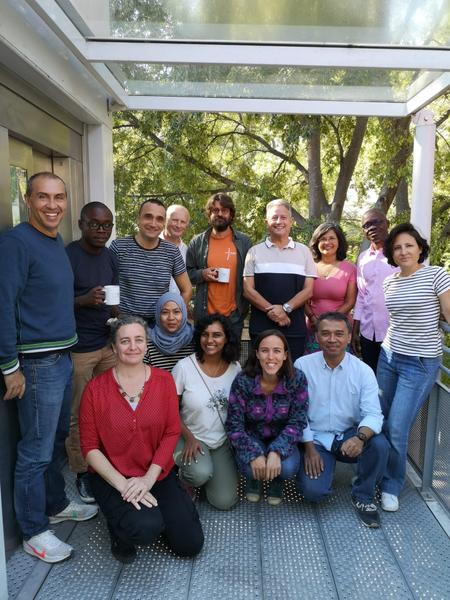
Start of the BioForest project at CESAB
10/10/2023
The first workshop of the BioForest project was held last week (25-29 September 2023) at CESAB - Centre de synthèse et d'analyse sur la biodiversité - in Montpellier.
-
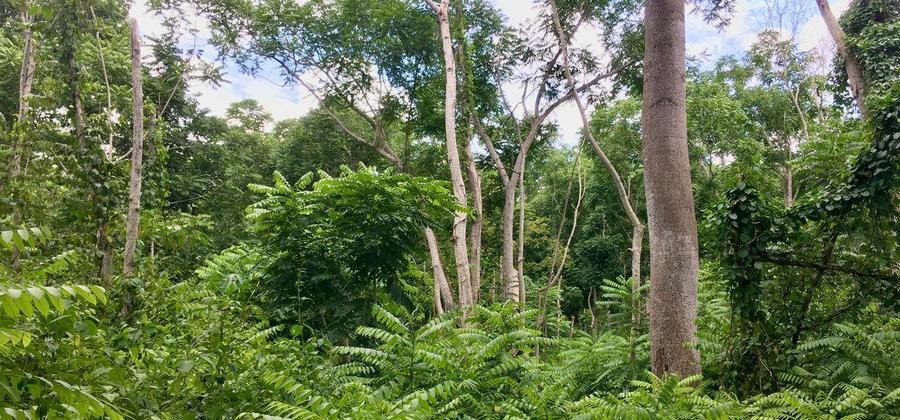
A trio working together: fires, forestry and biological invasions
03/10/2023
The semi-deciduous forests of West Africa, faced with multiple disturbances linked to human activities in an interdependent manner, are the focus of a new study published in Biological Conservation by the Institut National Polytechnique Félix Houphouët-Boigny, CIRAD and Wageningen University. The study reveals the long-term consequences of grouped disturbances such as fires, logging and biological invasions on these ecosystems.
-
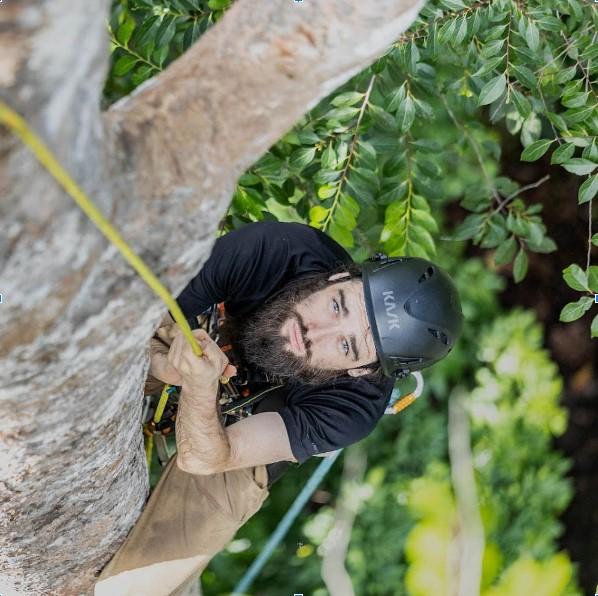
A climatologist and ecologist joins the Forests and Societies UPR
26/09/2023
Sylvain Schmitt was recruited by CIRAD on 4 September 2023 as a specialist in climate risk assessment for forest socio-ecosystems.
Nombre de pages : 53
Nombre éléments : 527
Page courante : 3
- First page
- Previous page
- 1
- 2
- 3
- ...
- 53
- Next page
- Last page
